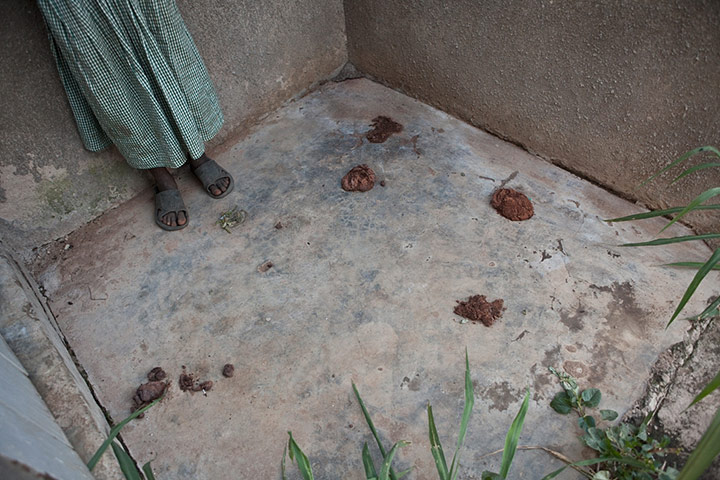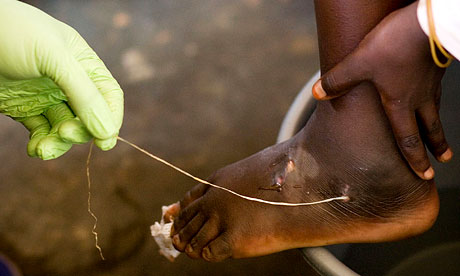Confronting.
My home page on my computer is The Guardian global development. This is the kind of news I really value, focusing on global development. Much of what I encounter and read daily sticks in my mind and is something I carry with me in my heart. I cannot read about global challenges and injustice without my heart being affected.
This week I viewed images of what unsafe water and poor sanitation looks like in Uganda. I am confronted and challenged by these images. We were in Uganda earlier this year, so I when I looked at these images I pictured the places that we walked around and the people that we met there. But also I think of India, and of all the people who live without a toilet. I remember the smell and the shock of seeing communal open toilets. I think of the toilets we have used when travelling, and yet how much better it is to have horrible toilet than none at all. Globally, 2.6 billion people live without access to a safe toilet, while almost 1 billion don’t have clean, safe water. The WHO estimates that 10% of the global disease burden could be prevented with safe water, sanitation and hygiene.
Confronting?

The average Westerner spends three years of their life in the loo (Water Aid). The struggle of the poor and disadvantaged is not just a financial matter. There are so many aspects of life that we need to be OK to help us grow and develop. Next time you use the loo, remember how much of a luxury it is - and that there are 2.6 billion people lining up outside the door for their turn!
Do you worry about your health, and the health of your family? Let us also care about the health of our neighbours and those in our community and part of our global village.

A guinea worm, dracunculiasis, is extracted from a child's foot in Savelugu, Ghana. This parasitic disease is endemic to Ghana, Mali, Ethiopia and Sudan. It could be prevented, and eradicated, through a clean water supply and sanitation (Image from here)
To tackle disease, first we have to get the basics right. More people have mobile phones, than access to toilets (water.org). Which is more important? Perhaps if you feel confronted about those suffering from poor sanitation, or unclean water, remember those who suffer because they have to live with it - and do something about it and take action.
What can ordinary people do? Well, I believe in supporting organisation who are working directly on the ground addressing issues such as water and sanitation. Check out: wateraid.org and TEAR Australia and World Health Organisation. And perhaps spend some time on The Guardian global development - be informed, be impacted and be willing to take action. Our brothers and sisters need our help.
This week I viewed images of what unsafe water and poor sanitation looks like in Uganda. I am confronted and challenged by these images. We were in Uganda earlier this year, so I when I looked at these images I pictured the places that we walked around and the people that we met there. But also I think of India, and of all the people who live without a toilet. I remember the smell and the shock of seeing communal open toilets. I think of the toilets we have used when travelling, and yet how much better it is to have horrible toilet than none at all. Globally, 2.6 billion people live without access to a safe toilet, while almost 1 billion don’t have clean, safe water. The WHO estimates that 10% of the global disease burden could be prevented with safe water, sanitation and hygiene.
Confronting?

The average Westerner spends three years of their life in the loo (Water Aid). The struggle of the poor and disadvantaged is not just a financial matter. There are so many aspects of life that we need to be OK to help us grow and develop. Next time you use the loo, remember how much of a luxury it is - and that there are 2.6 billion people lining up outside the door for their turn!
Do you worry about your health, and the health of your family? Let us also care about the health of our neighbours and those in our community and part of our global village.

A guinea worm, dracunculiasis, is extracted from a child's foot in Savelugu, Ghana. This parasitic disease is endemic to Ghana, Mali, Ethiopia and Sudan. It could be prevented, and eradicated, through a clean water supply and sanitation (Image from here)
To tackle disease, first we have to get the basics right. More people have mobile phones, than access to toilets (water.org). Which is more important? Perhaps if you feel confronted about those suffering from poor sanitation, or unclean water, remember those who suffer because they have to live with it - and do something about it and take action.
What can ordinary people do? Well, I believe in supporting organisation who are working directly on the ground addressing issues such as water and sanitation. Check out: wateraid.org and TEAR Australia and World Health Organisation. And perhaps spend some time on The Guardian global development - be informed, be impacted and be willing to take action. Our brothers and sisters need our help.
Comments
Post a Comment
I love comments! And I love that you have dropped by to visit my blog. Thanks! E xx